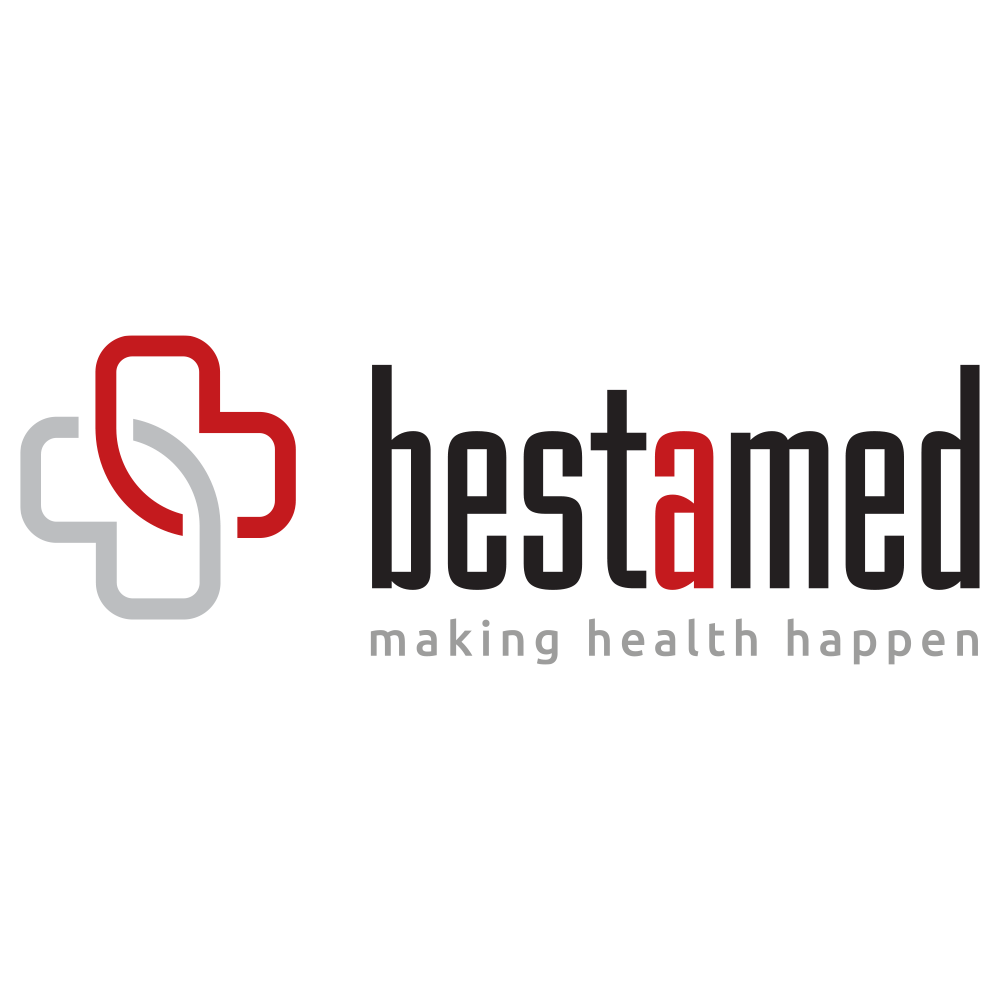Three proposals in the Law on Medicinal Products for Human Medicine and for amending the Ordinance on Regulation and Registration of Medicines Prices were submitted by the Bulgarian Association for the Medicines Parallel Trade Development of (BAMPTD) to the Ministry of Health and the National Assembly. This was announced by Boryana Marinkova, Executive Director of BAMPTD to Zdrave.net.
“Our first and most important proposal is to allow the parallel imports of medicines that are deregistered in Bulgaria for non-pharmacovigelance reasons. With a growing number of medicines leaving our market and deregistering, the patients are forced to act on their own and buy medicines across borders, which first pose risks, and second, there is no one responsible for the safety of these products. And we insist on providing a norm in the Law on Medicines for legal import to be carried out by parallel distributors, so they will be responsible for drug safety, and the medicines will be available in Bulgaria”, explained Marinkova.
The second is to allow EU products to enter our market with a different number of contents into the packaging. “If a medicine is registered in Bulgaria with 28 tablets or 1 ampoule in pack and the one sold abroad comprizes 98 tablets or 2 ampoules, it can be imported into its original packaging. At the moment, such a thing is not foreseen, and that is a limitation that again impedes patients. A change in this norm would make it possible for patients to be chosen and more physicians to act”, she said.
According to Marinkova, the third change is key to the introduction of the electronic system for monitoring the availability of medicines. “It is necessary to allow fast intracommunity supplies or rapid parallel imports. Currently, only marketing authorization holders can do so, but this is often not enough. They are not always able to make fast import, and then the parallel distribution methods should be used. There are many examples in Europe when parallel distributors resolve situations of shortages. Even in Bulgaria, two parallel distributors secured the entire summer of 2017 with supplies when the manufacturer of the drug said he could not import it”, Marinkova said.
According to her, these changes in the legislation are extremely favorable for the patients’ access to therapy and they are another economic opportunity to open the small Bulgarian market for everything offered in Europe with the necessary quality , with the necessary safety and legality, so that people do not have to travel.
The fourth BAMPTD suggestion is related to the Ordinance on Regulation and Registration of Medicines Prices, which, by an amendment of 2014, blocks parallel imports. “This is a rule that requires a re-referral at already-referenced prices of the medicinal product. Because of this restriction, there are 128 issued parallel import authorizations, but in fact only 75% of them can be realized “, specified Boryana Marinkova.
According to her, no restrictions on parallel exports are needed, as, in her words, it is definitely not the cause of the periodic shortage of medicines on the Bulgarian market. “I dare to challenge this myth because it is not based on facts. The only empirical database that is gathered for drug shortage in Bulgaria is the one we created through our platform. It has been in operation since June 2018 under a memorandum that we have signed with the Bulgarian Patient Forum Federation. The first data showed that the shortage of medicines in Bulgaria is due not to exports but to the lack of imports. Over time this conclusion has become more and more pronounced. Two groups of medications are affected by the deficiency – in the one case, they refer to deregistered medicines and in the other for production or logistics problems with medicines that have removed Bulgaria from the import map. That is why we want to have a quick import when there is a shortage”, Marinkova said.
At present, nearly 350 signals from the whole country are received via the platform, most of them affecting temporary or permanently discontinued imports. “Here again, no measures against parallel exports could work,” the BAMPTD Executive Director said.
Boryana Marinkova also commented on the European Medicines Verification Directive, which enters into force on 9 February 2019. “BAMPTD is actively present and is a co-founder of the Bulgarian Medicines Verification Organization. Verification process establishes the authenticity of the product, and that it has not been the subject of any falsification, is twice higher in parallel imports. It has gone through verification in the country from which it is exported and then goes through a second complete cycle of verification in our country, “she said.
Borina Marinkova added that all members of the Association have successfully passed the pilot tests and are fully ready to implement the directive.

